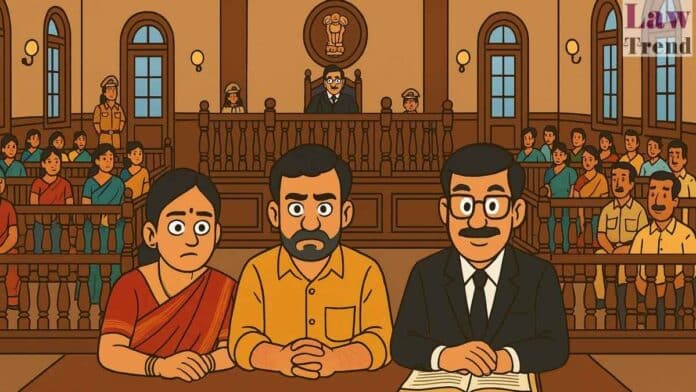The Andhra Pradesh High Court has ruled that a divorce petition filed under Section 13(1)(ia) of the Hindu Marriage Act, 1955, can be converted into one under Section 13B for divorce by mutual consent, even at the appellate stage. Further, the Court held that the statutory six-month “cooling-off” period under Section 13B(2) is directory and
To Read More Please Subscribe to VIP Membership for Unlimited Access to All the Articles, Download Available Copies of Judgments/Order, Acess to Central/State Bare Acts, Advertisement Free Content, Access to More than 4000 Legal Drafts( Readymade Editable Formats of Suits, Petitions, Writs, Legal Notices, Divorce Petitions, 138 Notices, Bail Applications etc.) in Hindi and English.




